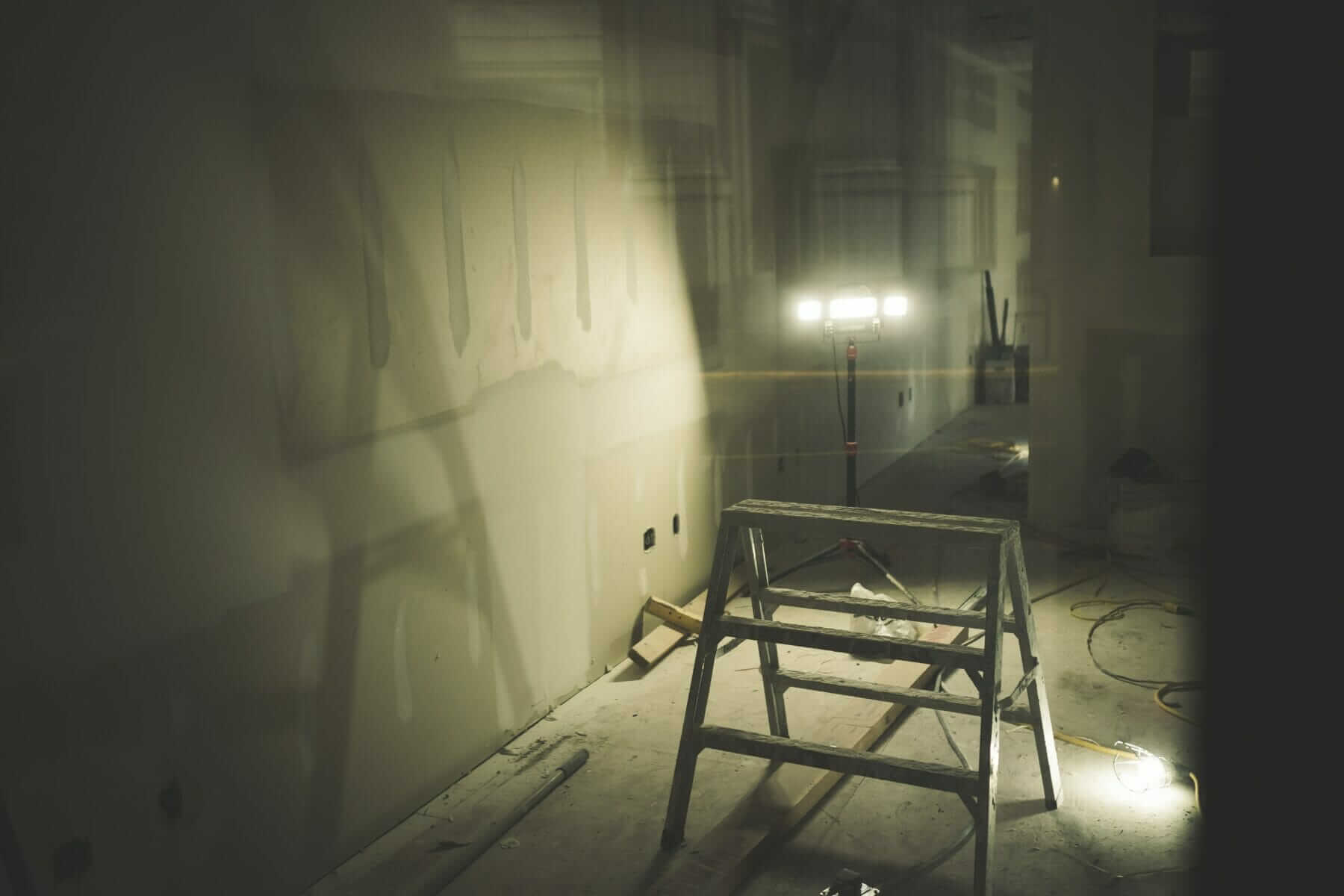If you’re a homeowner with an unfinished basement, you might be asking yourself, should I finish my basement? Whether you’re looking for more usable space in your house or increasing the value of your property, remodeling or refinishing your basement could be a great decision. Not only does it increase your usable square footage, but it can give you a high return on investment. In fact, finishing a basement can give you a return of up to 70 to 75% on your investment — or even more in Utah’s highly competitive housing market.
One common concern among homeowners looking to refinish their basement is the project’s cost. The cost to refinish a basement varies depending on several factors, including the basement’s square footage and the materials and finishes you choose. However, on average, homeowners across the country can expect to pay an average of about $18,395. Many homeowners who plan on finishing a basement will need to explore financing options before starting the project. With a wide range of financial tools and information, you’ll find the right financing option for you so you can get started on your basement remodel project.
6 Ways To Finance a Basement Remodel
When it comes to remodeling your basement, is it better to use a home equity loan, construction loan, or personal loan? Here are some standard financing options for those to choose to remodel their basement.
Home Equity Loan
One common way to finance a basement remodel is to use a home equity loan. This option might suit your purposes if you’ve got a substantial amount of equity built up in your property. A home equity loan (also known as a home equity line of credit, or HELOC) typically has lower interest rates than other types of loans, and the interest may be tax-deductible. One downside to using a home equity loan is that it isn’t an option for those who haven’t built up enough equity.
Line of credit
Another financing option for you might be a line of credit from the construction company. In some cases, the company or contractor helping with the basement project might offer financing for available homeowners. This line of credit usually has a variable interest rate, but some have an interest-free period. For these lines of credit, it’s wise to compare against the cost and terms of a home equity financing situation or personal loan.
Cash-out refinance
A cash-out refinance gives you the option of refinancing an existing home loan to free up cash for basement refinishing or other home improvement projects. While this is an option for homeowners, it might not be the best option for several reasons. One reason why you might want to consider other options is that you might find yourself refinancing at a higher rate. You may pay closing costs on the entire amount, rather than what is needed just for renovation.
Construction loan
A construction loan allows homeowners to borrow based on their home’s after renovation value. While this is an option for homeowners, it might not be the best choice. Construction loans are intended to be used to pay for ground-up construction but were once an option for basement refinishing because they let homeowners borrow based on the home’s future value. However, that is no longer the case. If you use a construction loan, you’ll need to refinance your existing mortgage, which may give you a higher interest rate. In addition, you may also end up paying closing costs on the loan and face a complex inspection before funds are released to you or the contractor.
FHA 203k or Fannie Mae homestyle loan
FHA 203k or Fannie Mae homestyle loans are government-backed renovation mortgages designed to help homeowners finance the purchase of a property and any required renovation costs into a single loan. Both loan options allow you to borrow against the home’s renovation value but can come with complexities resulting in delays or other potential stresses. FHA 203k or Fannie Mae loans are good options for those with less than perfect credit scores which means that approval can be easier to achieve than other types of loans.
Personal loan or home improvement loan
Personal loans are another option for those interested in refinishing their basements. Many homeowners turn to personal loans when they do not have sufficient equity available to use a home equity loan, or other types of loans are not available. Some homeowners may turn to loans advertised as home improvement loans. Unfortunately, these loans can be high-interest unsecured personal loans marketed to homeowners undertaking specific projects. Personal loans are certainly an option for finishing your basement, but they can come with certain drawbacks, including lower borrowing power, higher interest rates, and shorter repayment periods. These types of loans are often well-suited for smaller, lower-cost projects.
Trust Aspire Construction for All Your Basement Refinishing Projects
If you’re looking to remodel or refinish a basement, make the most of your dollars by partnering with proven remodeling professionals. Our experienced, dedicated team is committed to developing quality projects that fulfill each client’s dreams while respecting your budget. With over 40 years of experience in Utah, there’s no project that we can’t handle. Get a quote for your basement remodel by contacting us today.


